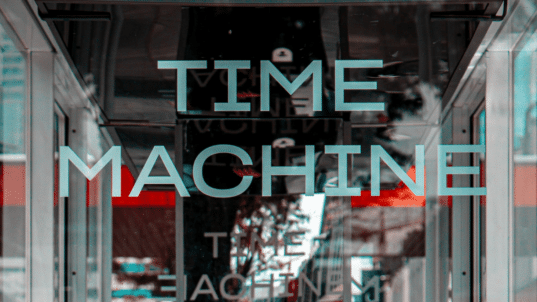One of the most important features of Interactivity Foundation discussion projects is the emphasis on exploring contrasting perspectives and developing contrasting policy possibilities. Along the way to doing this, panelists need to practice being open to perspectives and possibilities beyond their own preferences. Panelists do a good job of this when they’re able to help each other think differently. I came across a real world reminder of this skill in connection James Surowiecki’s Wisdom of Crowds, where he recounts a case where it didn’t work. The case is that of the Mission Management Team in the 2003 Columbia Shuttle disaster. There are a couple of lessons from Surowiecki’s account that pertain to the group work of Interactivity Foundation project discussions: being wary of the danger of influence and the need to embrace diversity and dissent.
The dangers of influence. The Columbia Mission Management Team had members in positions of greater authority who exerted influence over the deliberations of others. In the actual working of their group, a person in a position of authority would express a strong position and then ask for others to respond. This preliminary expression of authority essentially closed off the exploration of alternative possibilities. Technically speaking, Interactivity Foundation discussion panels don’t have members with authority over others. However, some participants, perhaps by sheer force of personality or by speaking from knowledge on a given topic, can accrue authority within the group. This isn’t bad in and of itself. However, discussion panels need to be wary about the tendency of such expressions of authority to shut down or close off the group’s explorations. It’s important for outspoken panelists to be sensitive about their behavior and how it can preemptively close off the discussions—and how this can lead a group to think poorly.
The need to embrace diversity and dissent. The Columbia Mission Management Team failed in part because they stressed the need for consensus. The group essentially started with a set conclusion—that even if there was a problem (from a missing panel during the launch), there was nothing that could be done about it (a mistaken assumption). This meant the Mission Management Team shut down contrasting points of view, since the main task was just to establish and reinforce consensus for this position. This stymied the ability of others in the group to come up contrasting possibilities of what could be done before Columbia tried to land (it broke up on re-entry). Our discussion panels similarly need to embrace dissent and divergent perspectives in order to open up their group exploration of useful and contrasting policy possibilities—regardless of whether these possibilities are perceived as a matter of popular consensus. Further, the panels need to be careful to keep an open mind rather than starting with a preconceived limitation about what is or isn’t possible.
Of course, the life-and-death consequences of the Columbia disaster is a stark contrast to the low risk endeavor of an Interactivity Foundation sanctuary discussion project. It’s a good reminder, however, of what it takes for the groups in our projects to think well.



